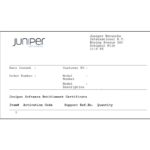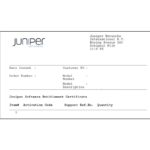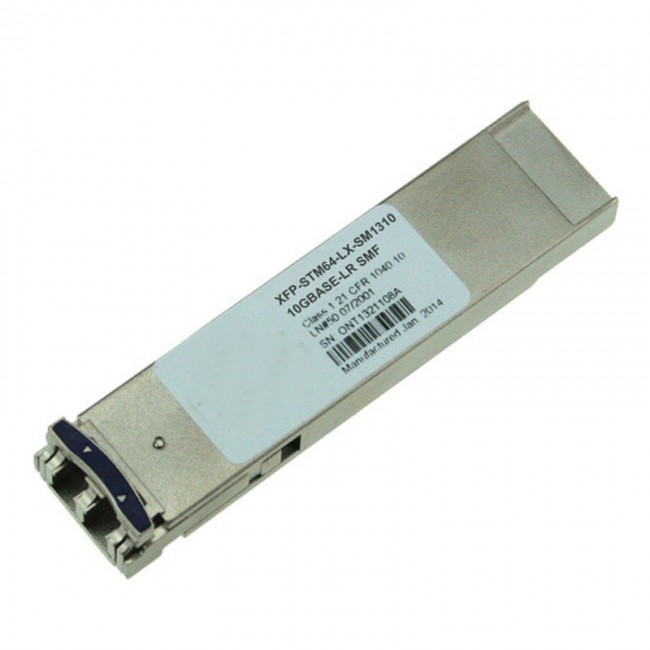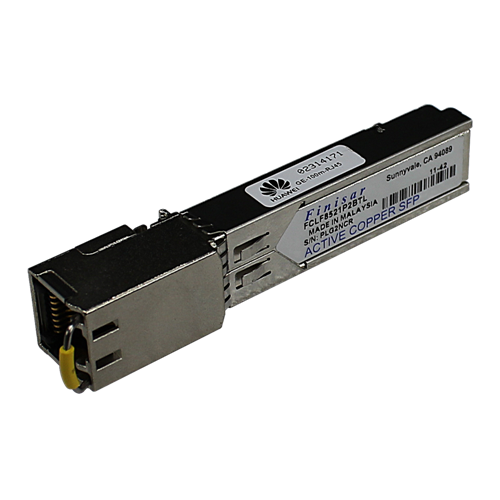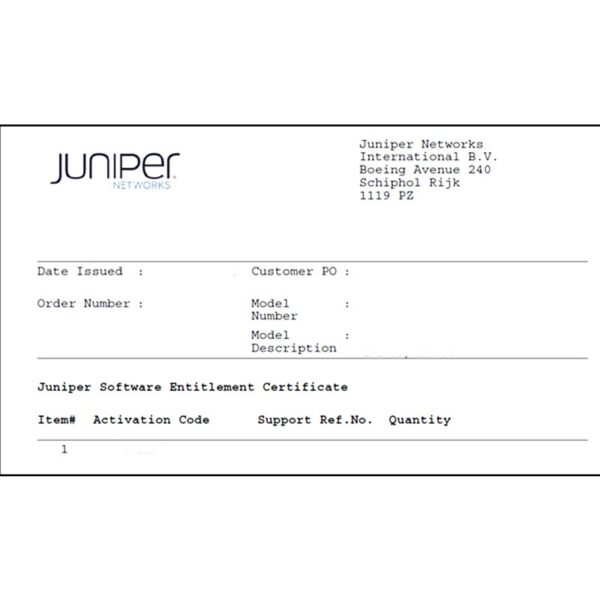
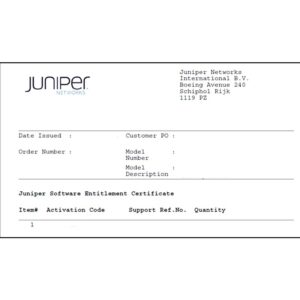
S-VRR-R-14-2
< tbody >
| Model: | S-VRR-R-14-2 – Juniper Router MX960 Licenses |
| Detail: | Right to install an instance of 14.2 or lower relese version vRR in redundant mode where it controls the same set of clients. (redun dant mode is driven by configuration.) |
Categories: Juniper Router MX960 Licenses, Juniper Routers
- Description
Description
S-VRR-R-14-2 Specification
Right to install an instance of 14.2 or lower relese version vRR in redundant mode where it controls the same set of clients. (redun dant mode is driven by configuration.)


